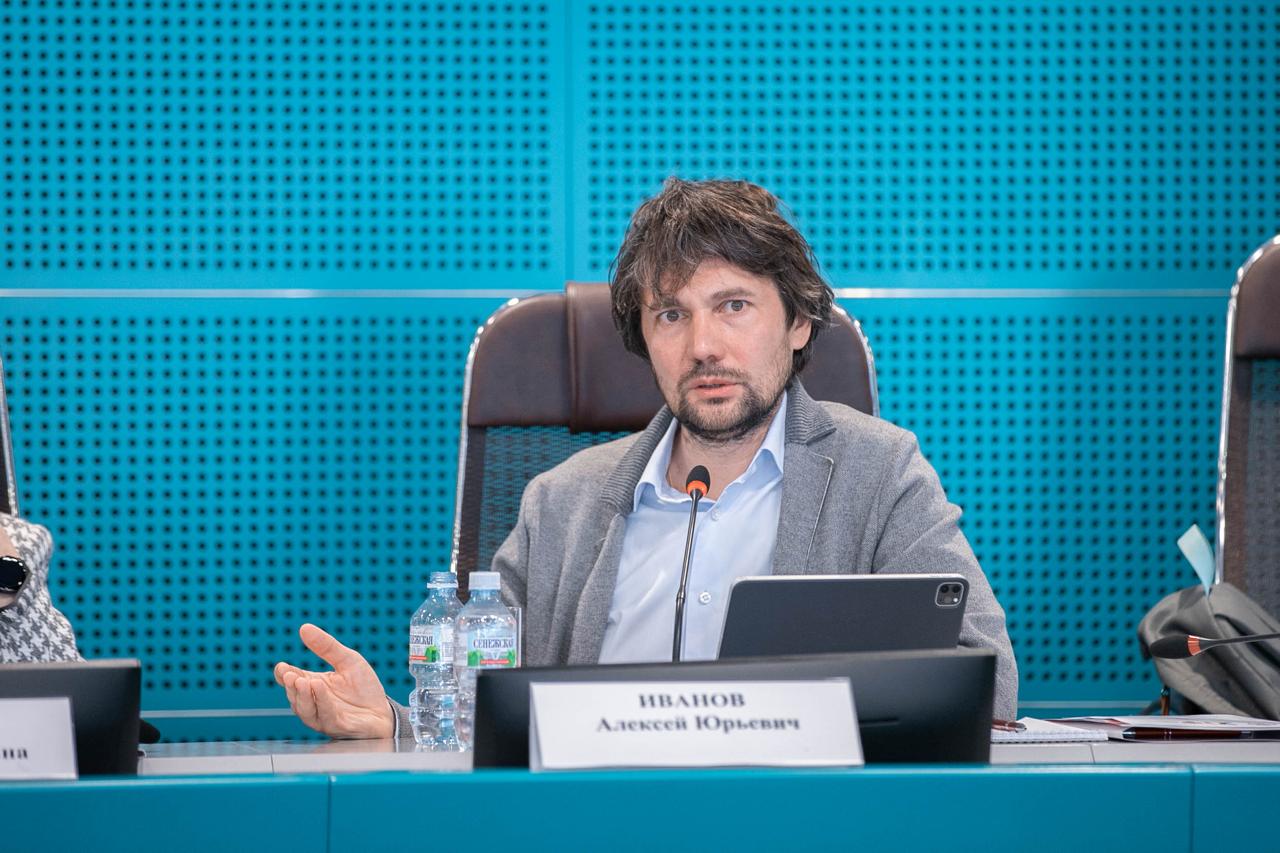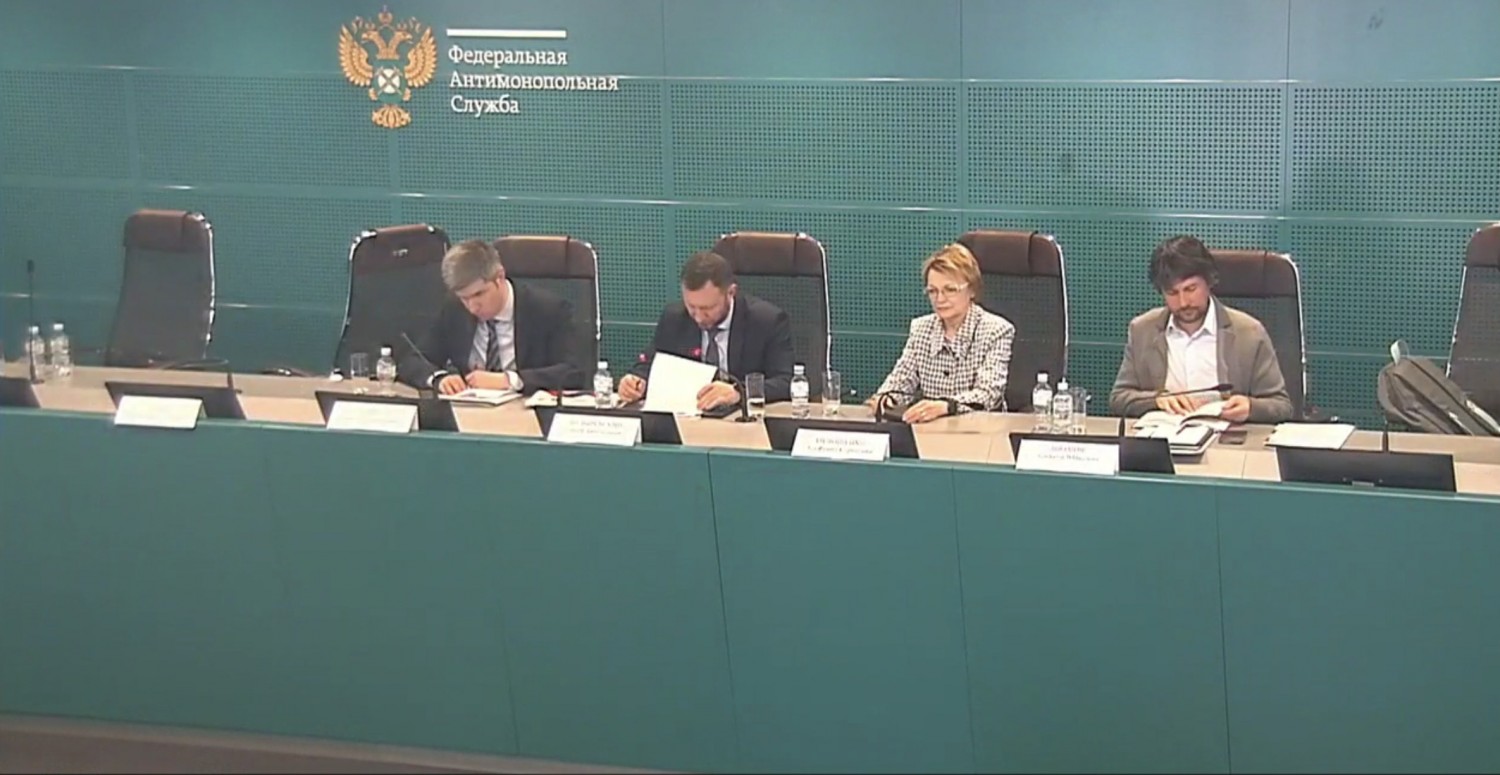On April 5, Alexey Ivanov, Director of the BRICS Competition Centre, spoke at the scientific and practical conference "Antimonopoly Regulation amid the Shaping of a Multipolar World", which was held at the Federal Antimonopoly Service of Russia as part of the XI Moscow Legal Forum.
In his speech Alexey Ivanov raised the issue of the role of antitrust regulation for economic development and stimulation of innovations. Today antitrust is focused on quantitative parameters, defining market shares, etc. and remains in the paradigm of control and supervisory activities, having practically lost the aspect of judgment of the antimonopoly authority. This deprives the regulator of flexibility, prevents a deeper analysis of the market and, as a result, the stabilization of distortions in the digital economy.
"If the FAS remains frozen in the paradigm of control and oversight methods, at some point there will be simply no need for it. Because antimonopoly regulation is always a kind of additional function to stabilize market distortions in the digital economy, to respond to crises and challenges that are difficult to foresee."

The role of antitrust policy for innovation development remains underestimated, emphasized the Director of the BRICS Centre. In all jurisdictions that have succeeded in innovation, be it China or the United States, antitrust regulation plays one of the leading roles in stimulating the development of this sector.
"There are many cases when the introduction of patent laws in certain jurisdictions led to the degradation of the innovation sphere. But competition always, in 100% of cases, leads to the stimulation of innovative development. More competition — more innovations,"
Alexey Ivanov noted.
The key topic of the conference was the abolition of "antimonopoly immunities" in the intellectual property (IP) sphere. There are no antitrust immunities for intellectual property rights in any more or less developed economy in the world, except Russia, emphasized the Director of the BRICS Centre. In addition, the TRIPS-WTO agreement provides for the limitation of intellectual rights in order to balance markets and allows the use of compulsory licensing mechanism in the interests of defense and security, he noted.
The possibility of abolishing "antimonopoly immunities" for IPs was also discussed by Sergey Puzyrevsky, State Secretary and Deputy Head of the Federal Antimonopoly Service of Russia.
With the transformation of markets and ways of doing business, as well as the high growth of intellectual property in production, a number of problems are increasingly arising in view of the effect of such "antitrust immunities". Restricting competition by rightsholders by abusing their exclusive rights leads to unprotected consumer interests and carries risks of monopolization of digital commodity markets.
The Federal Antimonopoly Service considers it advisable to develop appropriate amendments to the Law “On the Protection of Competition.” They may be included in the "sixth antimonopoly package" being developed by the Service.
The Moscow Legal Forum has been organized by the Kutafin Moscow State Law University (MSAL) since 2014. The event is an open platform for legal cooperation and professional exchange of experience and ideas between lawyers.




